Video surveillance of your home or apartment can be a sensible security measure to prevent break-ins and vandalism. But what does the law say about this? Strict data protection regulations apply in Germany, particularly the General Data Protection Regulation (GDPR) and the Federal Data Protection Act (BDSG), which must be observed when installing surveillance cameras.
What is allowed?
In principle, video surveillance on one's own property is permitted as long as it meets certain legal requirements. These include, in particular:
-
Private area: Cameras may only be used on your own property. Public areas such as sidewalks or the street, as well as neighbors' property, may not be filmed without their consent.
-
Data protection requirements: If the cameras could record people, the GDPR must be observed. This means that the processing of personal data may only take place under certain conditions.
-
Obligation to inform: Affected persons must be informed if a camera is installed outside of the purely private area.
-
Purpose limitation and proportionality: Video surveillance must serve a legitimate purpose, such as protection against burglary, and must not disproportionately interfere with the privacy of others.
Case law on private video surveillance
There are several judgments dealing with private video surveillance:
-
The Federal Court of Justice (BGH, judgment VI ZR 176/09) has ruled that a camera aimed exclusively at one's own property is permissible. However, as soon as public space or neighboring properties are affected, this constitutes a violation of personal rights.
-
The European Court of Justice (ECJ, judgment C-212/13) has clarified that the GDPR also applies to private video surveillance, provided that public areas are also covered.
-
Several German administrative courts have ruled that tenants in an apartment building may not install a surveillance camera in the hallway without the consent of the other residents.
What are the consequences of violating data protection rules?
Anyone who violates data protection regulations risks warnings, fines, or even claims for damages. Data protection authorities can impose severe penalties, especially if video surveillance affects third parties without their consent.
Conclusion
Private video surveillance is generally permitted as long as it only covers one's own property and legal requirements are complied with. As soon as public spaces or neighboring properties are affected, legal problems can quickly arise. If you want to be on the safe side, you should seek legal advice before installing a camera or position the cameras so that they do not capture strangers or public areas.
__
The security experts at Weber Protect will be happy to help you analyze your individual security needs. A comprehensive security concept doesn't have to be expensive. You don't need to hire expensive contractors for Weber Protect security products. You can install and configure all the products yourself.
Our range of security products offers everything you need to protect your home. Our video surveillance products protect your home from the front door to the garden.
Please visit our website or contact our customer service for individual advice:
Weber Protect Customer Service
Mon – Fri: 09:00 – 17:00
Phone: +49 (0)30 318765100
Email: info@weberprotect.com


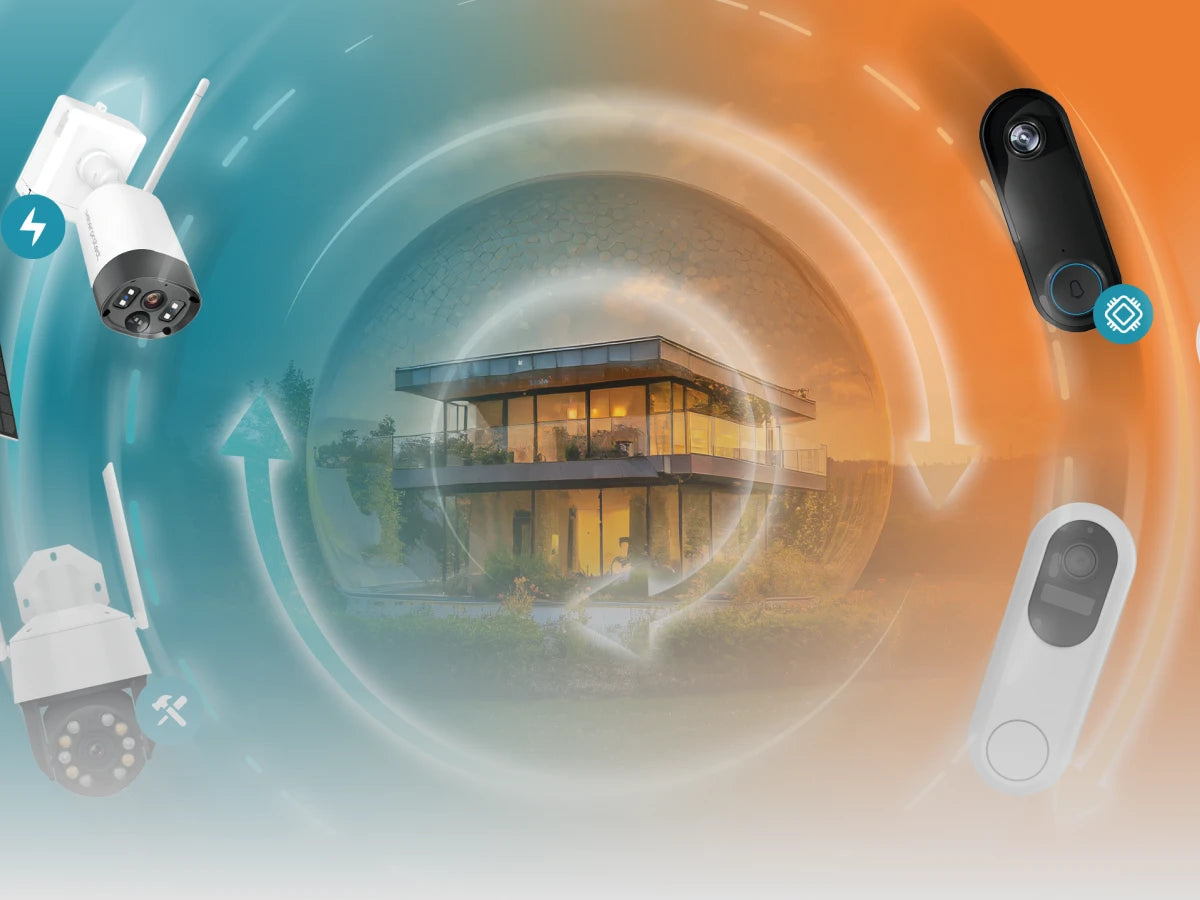
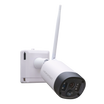
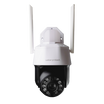







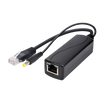

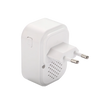
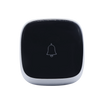


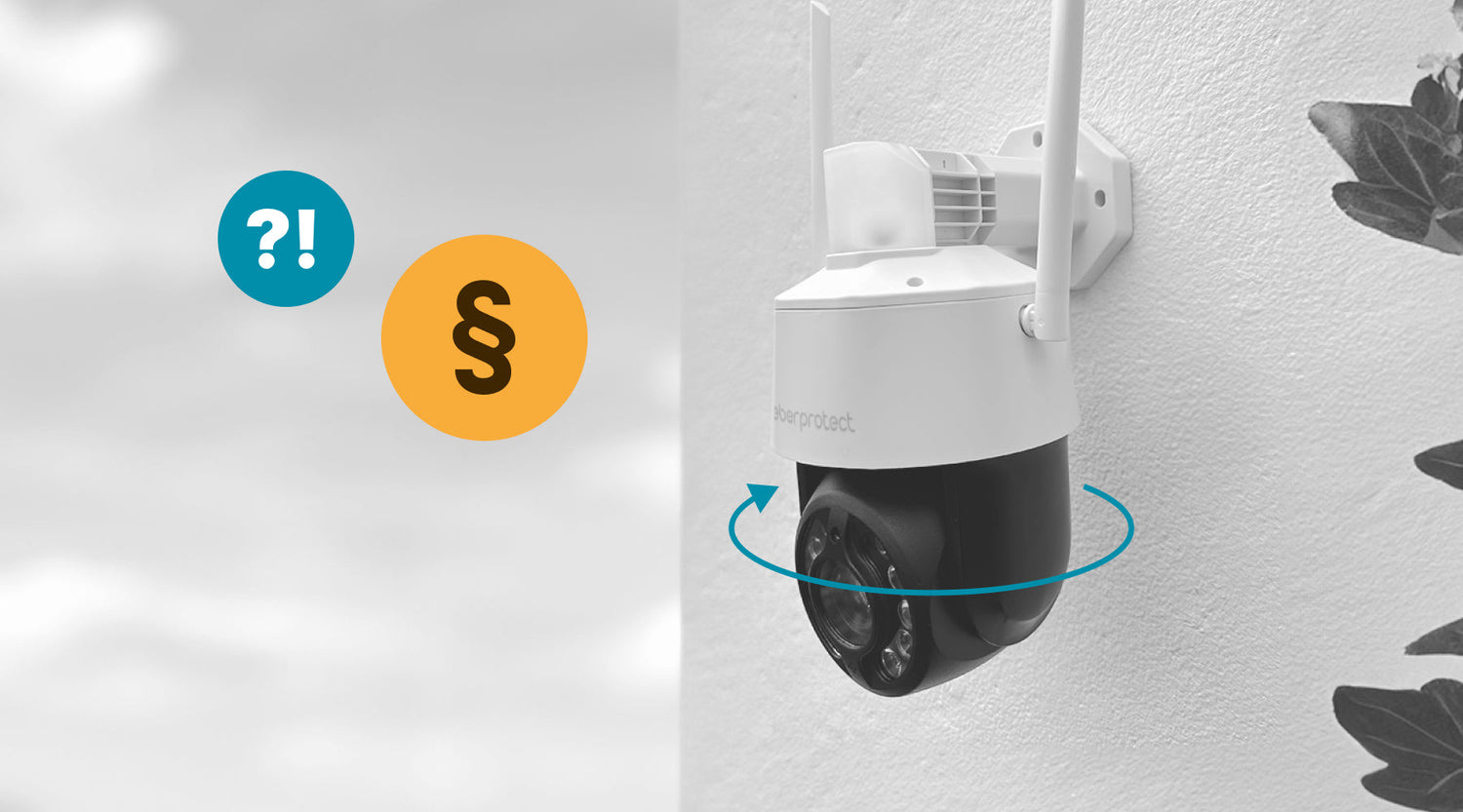
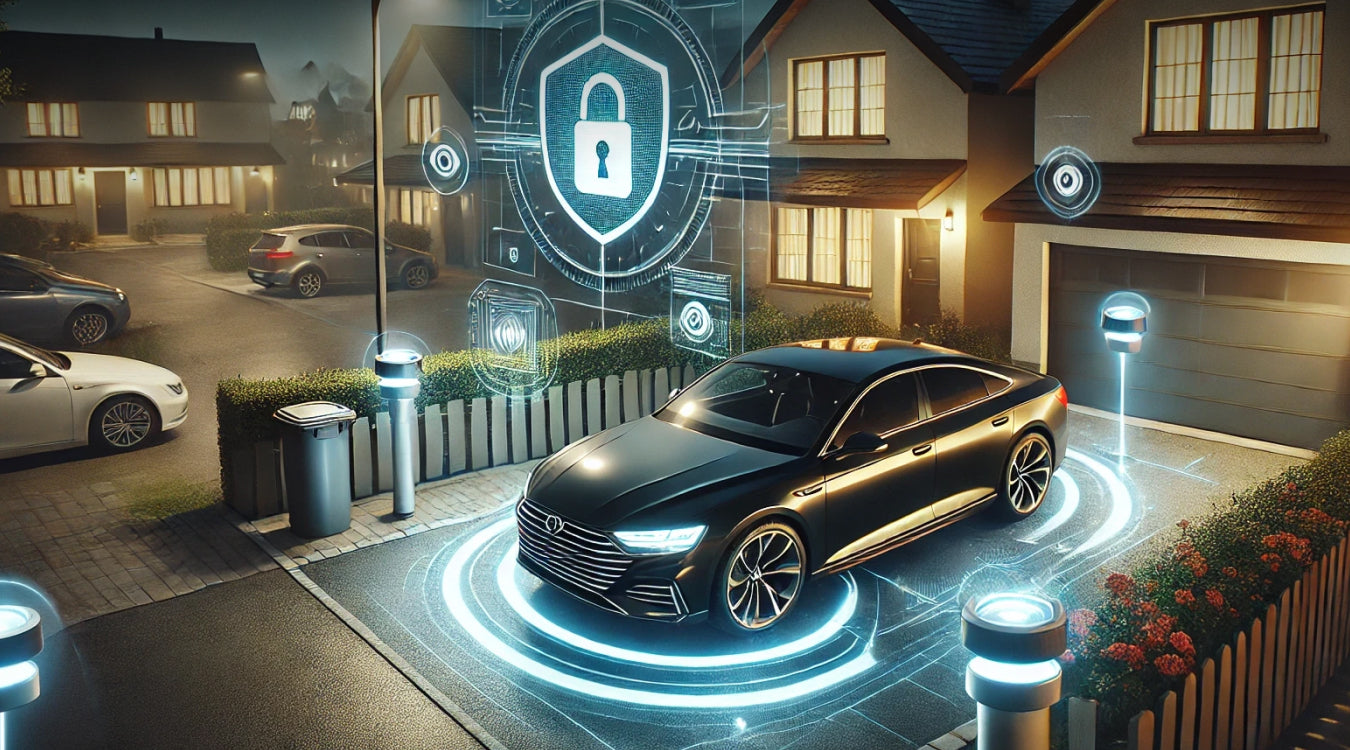

Leave a comment
This site is protected by hCaptcha and the hCaptcha Privacy Policy and Terms of Service apply.